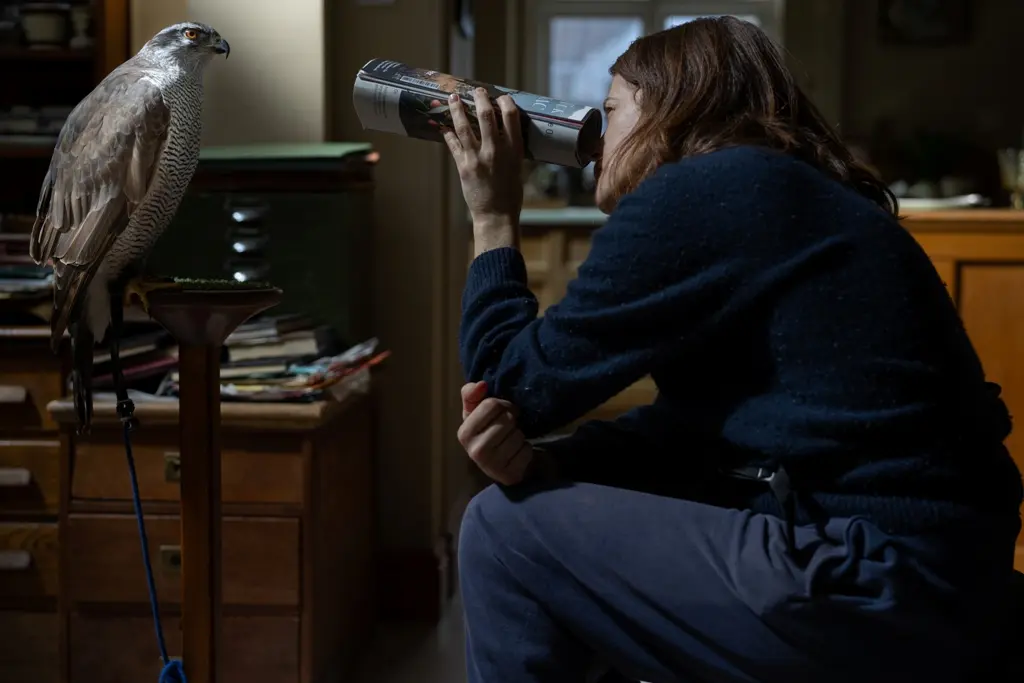NR | 1h 16m | Documentary | Oct. 24, 2023
A fitting, if unspectacular, companion piece to “Cats of Malta” from earlier this month, “Puppy Love” is a documentary overflowing with the type of charming, warm, and fuzzy sentiment that is nearly impossible to resist. Even those who don’t consider themselves to be “dog people” will be beguiled by its heartfelt intent and underlying humanitarian message.






